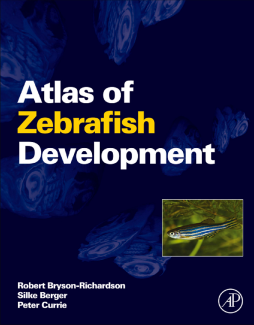
Additional Information
Book Details
Abstract
Zebrafish are widely considered an excellent model system for vertebrate development. The embryo is transparent, thereby enabling visualization and use of labelling and transgenic approaches. Moreover, because of the ease of inducing new mutations in zebrafish and similarity with the human genome, this organism may be used effectively for disease studies. For example, mutant zebrafish are being utilized for testing drugs that will combat a range of human diseases, from Alzheimer's and cancer to kidney failure and congenital heart disease. For the first time, this atlas provides the research community with a complete reference for zebrafish anatomy spanning the early embryo all the way to adulthood.
The authors employ the technique of optical projection tomography (OPT), and offer a series of sections in multiple planes from each sample. The contents are organized by developmental stages, with over 200 images that contain annotations describing anatomical structures relevant to development. In addition, chapters feature explanatory text that highlights major developments in the zebrafish during each stage.
- Provides the first comprehensive anatomical resource that covers all regions of zebrafish anatomy from the larval period to adulthood
- The over 200 images include explanatory notes
- Each chapter contains a concise description of key anatomical features that factor in zebrafish development
- Despite many years of use as a model system, until now there has never been a guide to zebrafish at the larval stage
- The book's website contains a database of over 10k sections from different regions as well as 3D images that are interactive
